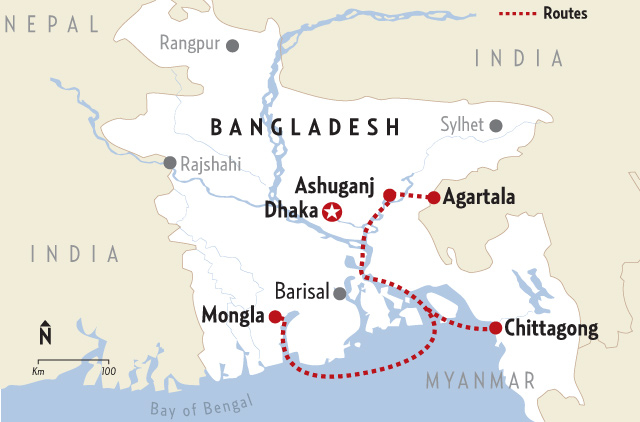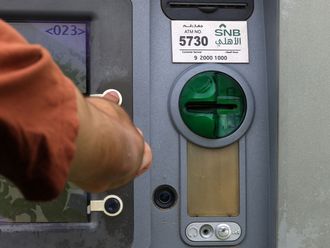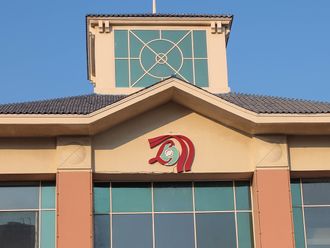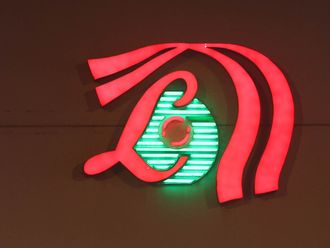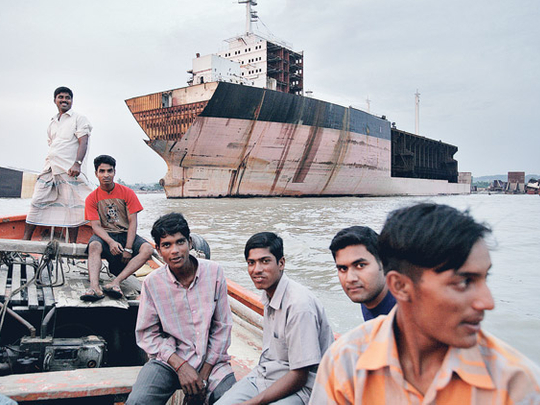
Dhaka: Bangladesh has sought to know how India intends to use its northeastern Chittagong and southwestern Mongla ports under a landmark Dhaka-New Delhi agreement during Prime Minister Shaikh Hasina's maiden India tour last January, officials said.
"We have asked for the Indian proposal explaining the modus operandi for using our Chittagong and Mongla ports," a Shipping Ministry spokesman told Gulf News a day after Indian High Commissioner in Dhaka Rajeeb Mittar called on Shipping Minister Shahjahan Khan.
He said Bangladesh has assured the envoy that the ports were now ready for use by India in line with the January agreement while under two previous separate deals with neighbouring Bhutan and Nepal, Thimphu and Kathmandu also would be allowed to use the facilities.
He said Bangladesh particularly wanted to know which routes India preferred for carrying their goods to and from the ports and the methods of transportation.
The spokesman added that Khan and Mittar also discussed issues related to expansion and management reforms of the two ports since experts earlier said the facilities should be overhauled to make them capable of handling extra cargos for the three neighbours.
In a related development, he said India offered to bear the cost of reconstruction of a major land route to be used to haul its heavy consignments.
Critical pact
The two countries last March signed a crucial transshipment agreement finalising an earlier deal to allow Indian goods to be transshipped to its isolated northeastern Tripura state through Bangladesh.
The Prothom Alo newspaper quoted the shipping minister as saying New Delhi wanted to bear the entire amount needed for the reconstruction of the Ashuganj-Agartala road as the two neighbours signed the agreement to carry goods, particularly heavy electrical equipment for their proposed Paladana power project.
Shipping secretary Abdul Mannan Hawladar earlier told Gulf News that under the agreement Bangladesh declared its Ashuganj as a new "port of call'' for the transport of Indian goods while New Delhi in a reciprocal step declared its Shilghat a port of call on the Indian side.
With the signing of the agreement Ashuganj becomes the second transshipment point and fifth port of call in Bangladesh for India.
Since the 1980s New Delhi has sought to use Ashuganj as a transshipment point as it was only 49 kilometres from the Tripura border. The river port is navigable throughout the year and Bangladesh expects to earn significant revenues from the use of the facility.
Earlier reports said the shipping ministry has already formulated a 2.5 billion taka (Dh132 million) project to develop Ashuganj with modern equipment to handle the heavy Indian cargoes.
While the project was expected to be completed in 2013, trade may go ahead as Ashuganj already has good infrastructure.
The state-run Bangladesh Inland Water Transport Authority (BIWTA) officials said preparations were underway to transform Ashuganj into a modern port and renovate the 49-kilometre road from the port to the Tripura border, with New Delhi bearing the cost.
Officials earlier said Bangladesh decided to consider as a "test case" its decision to allow New Delhi to use its territory to carry goods to Tripura, responding to a long pending Indian request for transit and Dhaka would then move with other proposals for the transit of various modes for its neighbour.
Dhaka agreed to allow Ashuganj to be used as a new port of call in response to the request by New Delhi for the transport of Indian heavy consignments for the Palatana power project in Tripura during a visit by Foreign Minister Dipu Moni to New Delhi last year.
New Delhi has long been pressing for transit routes through Bangladesh.


